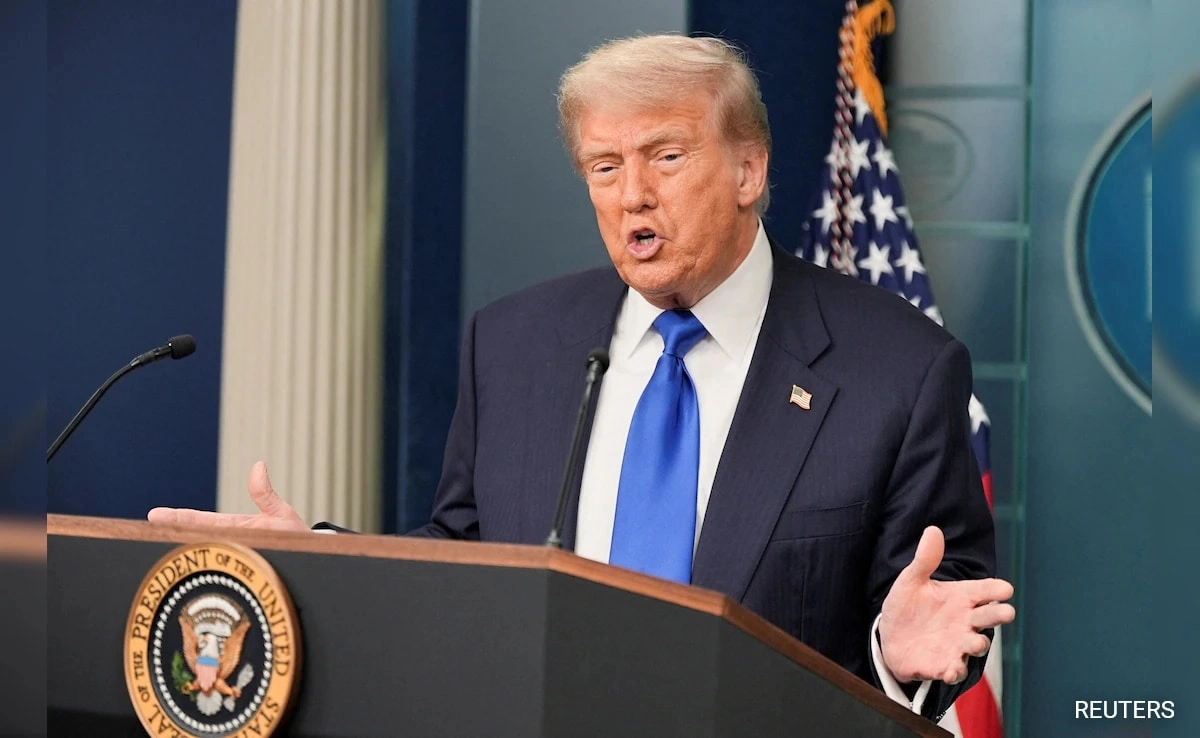Recent statements made by former President Donald Trump, which described Portland, Oregon, as “war-ravaged,” have sparked significant debate and criticism from local officials. According to leaders in Oregon, this characterization is not only exaggerated but also misleading. They argue that while the city has faced challenges, particularly related to protests and civil unrest in recent years, it is far from the dire conditions implied by Trump’s remarks. Instead of a city in ruins, Portland continues to be a vibrant community with a rich cultural scene and a resilient population.
Portland has indeed experienced its share of turmoil, especially during the summer of 2020, when protests against racial injustice and police violence led to heightened tensions and clashes with law enforcement. However, city officials emphasize that much of this unrest was part of a larger national conversation about social issues rather than evidence of an ongoing war-like atmosphere. In fact, they point out that the city remains a popular destination for tourists and a hub for various industries, showcasing its ability to recover and thrive despite recent challenges.
In response to the former president’s comments, Oregon officials have stressed the importance of accurate representations of their city. They assert that sensationalized rhetoric can have damaging effects on public perception and economic stability. By framing Portland as a “war-ravaged” area, Trump may inadvertently undermine the efforts of those working to address the city’s problems and promote healing and unity within the community. Local leaders are committed to fostering dialogue and understanding, aiming to dispel myths and highlight the progress being made on numerous fronts.
As the political landscape continues to evolve, the narrative surrounding cities like Portland remains crucial. It is essential for both local officials and national leaders to engage in constructive conversations based on facts, rather than sensationalized claims. By doing so, they can ensure that the true essence of communities like Portland is recognized, allowing for a more informed public discourse that focuses on solutions rather than fearmongering.




